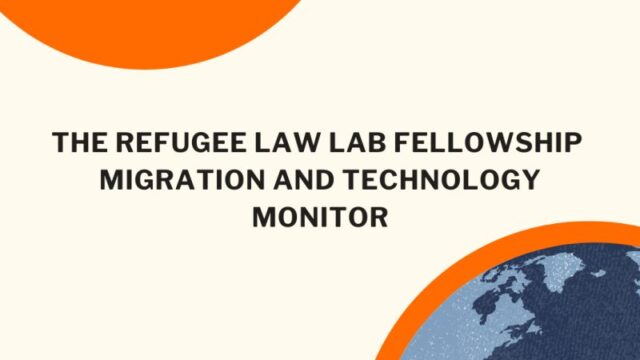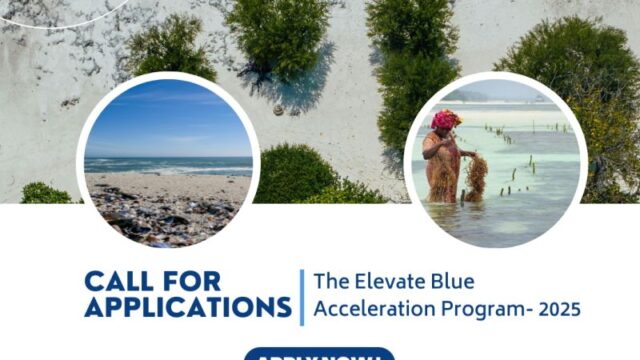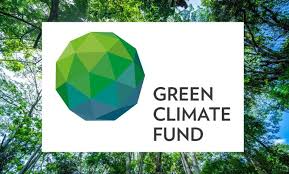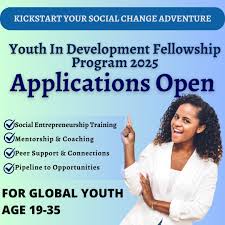FUNDED : Apply for the LIFE Clean Energy Transition – BUILD UP Skills programme
Goals
- The BUILD UP Skills initiative, which was started in 2011, aims to help building professionals in Europe upgrade their skills so they can provide high-performance building restorations and new, nearly zero-energy buildings (nZEBs). The implementation of comprehensive training and qualification initiatives that are in line with the EU Green Deal, the EU's 2030 climate targets, and the EU's long-term plan to achieve carbon neutrality by 2050 is necessary to maintain this endeavour.
- Increasing the number of qualified building professionals at all stages of the building design, operation, and maintenance value chain is the topic's primary goal (Scope A). In particular, the EU Renovation Wave, the EU Solar Energy Strategy, the EU Action Plan on Digitalizing the Energy System, and the implementation of the skill-related provisions of the revised Energy Performance of Buildings Directive (EPBD), Energy Efficiency Directive (EED), and Renewable Energy Directive (RED) are highlighted as the skills required to enable the Clean Energy Transition.
- The topic's second goal (Scope B) is to establish a vibrant community of practitioners who are actively engaged in providing building professionals with upskilling opportunities. This community will facilitate the widespread implementation of effective ways throughout Europe.
- In order to reach the goal of 3 million workers, the topic supports and goes beyond both the Large-Scale Partnership for the Renewable Energy skills and the Large-Scale Partnership for the construction ecosystem under the Pact for Skills, which aims to upskill and reskill overall at least 25% of the workforce of the construction industry in the next 5 years. Furthermore, the issue seeks to capitalise on overlaps with the digital skills initiatives for the energy transition that are covered within the context of the Communication on Digitalizing the Energy System.
Range
Scope A: Interventions aimed at reskilling and upskilling workers to enable the decarbonisation of the building stock and energy system integration
Proposals ought to centre mostly on professional training, or continuing vocational education and training, for professionals—that is, once they have entered the workforce. Retraining experts from other industries who have abilities relevant to building construction and renovation may fall under this category. Apart from the aforementioned, suggestions can also tackle other aspects of education and training, such as basic education and training and post-secondary education, as long as they are supported by needs identified in the targeted nations.
The proposed action aims to address various professional profiles in the building value chain, including skills development and deployment supporting the implementation of core provisions of the Energy Performance of Buildings Directive (EPBD), decarbonisation of building stock, solar energy deployment and energy system integration, heat pump deployment, innovative on-site training methods, and integrated home renovation services.
The proposed actions should be tailored to the specificities of the national markets targeted and demonstrate their complementarity with existing training and qualification schemes. They should provide details on the scope and content of the training and qualification schemes, including professional profiles and levels in the European Qualification Framework targeted, thematic coverage, duration of training courses, stakeholder involvement in validation, mechanisms for validation of acquired competences, and future deployment prospects.
Activities ensuring the recognition of trained and qualified professionals should also be included. Train-the-trainer activities should be included. Proposals should also engage relevant institutions in energy, climate, education, employment, social and industrial policies, such as employers, trade unions, and education and training providers, to ensure that training programs and curricula are labour market-relevant and proactively integrate emerging skills.
In conclusion, the proposed action aims to develop and deploy skills that support the implementation of core provisions of the EPBD, decarbonization of building stock, solar energy deployment, and integrated home renovation services.
The BUILD UP Skills initiative has funded over 90 projects involving 32 countries, focusing on skills intelligence, skills development, and skills uptake in the building value chain. Scope B aims to develop an EU community of practitioners with proven experience in developing and promoting sustainable energy skills for building professionals in EU Member States and LIFE associated countries. The community should foster pan-European collaboration, build collective knowledge, support capacity building, increase market recognition, encourage convergence towards best practices, and contribute to the development of partnerships between key actors.
The community is structured around several working groups that address specific topics and produce relevant deliverables. Topics include sectoral skills needs, skills recognition, innovative training methods, demand side mechanisms, national skills roll-out, funding sources, and synergies with other relevant projects and initiatives. Proposals should include capacity building, twinning, and peer-to-peer learning activities at the national and EU level, focused on the practical uptake of tried and tested skills. The community should build bridges within the group of BUILD UP Skills projects and with other related projects and initiatives.
A thorough study of the beginning point and well-supported assumptions should be included in proposals, along with particular outcomes and an explanation of how these results contribute to topic-specific consequences. In addition to suggesting particular indicators for the suggested activities, they should use pertinent indicators to quantify their outcomes and impacts. At the conclusion of the project and five years later, outcomes and impacts should be measured. Primary energy savings, final energy savings, renewable energy generation, greenhouse gas emission reduction, and investments in sustainable energy (renewable energy and energy efficiency) are typical KPIs for the LIFE Clean Energy Transition subprogramme.
Additional Information
Building skills for Life-2024 CET: EUR 6 500 000
The applicants (beneficiaries and related entities) must meet the following requirements in order to be eligible: they must be legal entities (public or private bodies) that have their headquarters in one of the qualifying nations, such as an EU Member State (including overseas countries and territories (OCTs)).
non-EU nations
For EEA nations and nations connected to the LIFE Programme, the coordinator needs to be based in one of the qualifying nations.
FUNDED : Apply for the LIFE Clean Energy Transition – BUILD UP Skills programme 0 reviews
Login to Write Your ReviewThere are no reviews yet.







